Corruption Claims: MPs Push Back Against Ruto
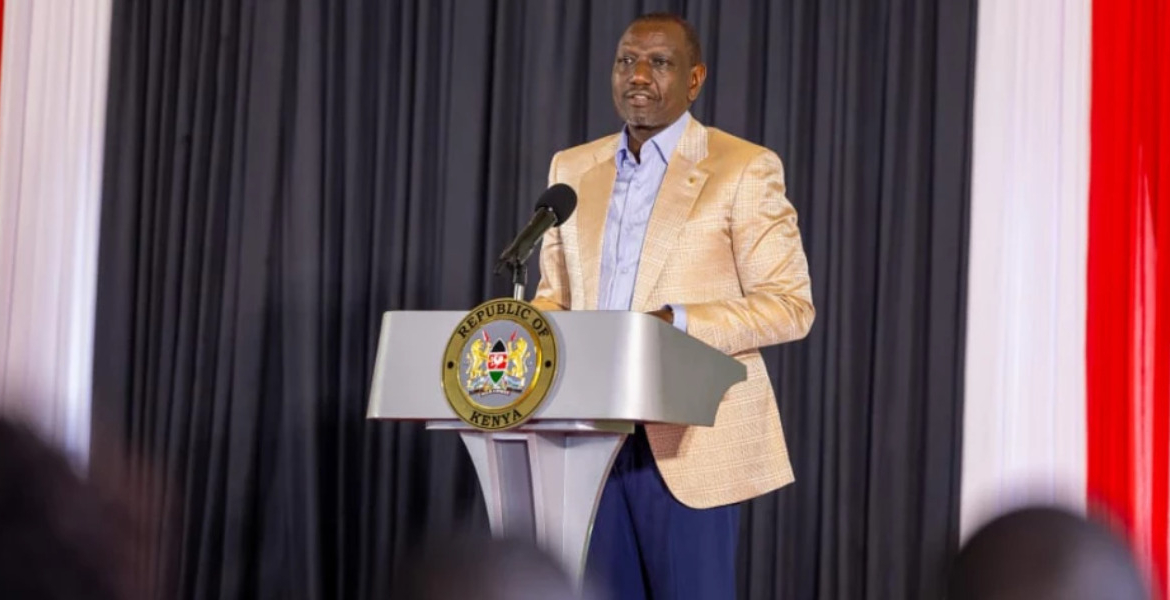
Nairobi is experiencing significant political unrest after President William Ruto made serious accusations of corruption against members of Parliament.
The dispute began when President Ruto accused several MPs of demanding bribes to approve legislation. He specifically mentioned an alleged payment of KSh10 million related to the Anti-Money Laundering Bill. Additionally, he claimed that a county governor paid KSh150 million to influence decisions in the Senate. These allegations, made during a meeting with parliamentary leaders, has prompted a swift and unified response from legislators.
In an unusual show of unity, MPs from different parties effectively shut down Parliament on Tuesday. A lack of quorum forced Deputy Speaker Gladys Boss to adjourn the plenary session, while committee meetings were also suspended in protest. The backlash intensified during a special motion led by Tharaka MP Gitonga Murugara, which provided a platform for MPs to express their anger.
Key leaders, including Majority Leader Kimani Ichung’wah and Minority Whip Junet Mohamed, warned the Executive against undermining Parliament’s constitutional authority. Ichung’wah reminded the President that “This House has powers to impeach those in the Executive,” while Junet called for respect for the institution’s sovereignty.
The controversy escalated further as legislators cited Article 125 of the Constitution, which allows parliamentary committees to summon any individual to give evidence. Homa Bay Senator Moses Kajwang’ insisted that the President is not exempt from this rule and called on Speakers Moses Wetang’ula and Amason Kingi to convene the Powers and Privileges Committee to require President Ruto to provide proof of his allegations.
MPs threatened impeachment proceedings against the Speakers if they fail to take decisive action. Despite the parliamentary opposition, President Ruto reaffirmed his commitment to fighting corruption by announcing the creation of a multi-agency task force.
Operating under the State Department for Justice, Human Rights and Constitutional Affairs and chaired by the Executive Office of the President, the task force includes representatives from key institutions such as the Attorney-General’s office, the National Intelligence Service, and the Ethics and Anti-Corruption Commission. Its mandate also includes collaborating with international partners on asset recovery and dismantling organised crime networks.

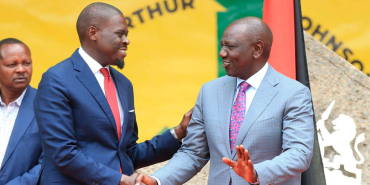
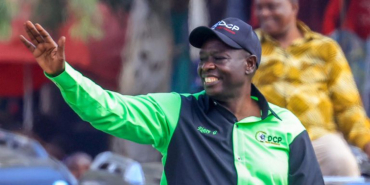

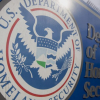
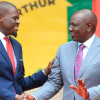


Add new comment